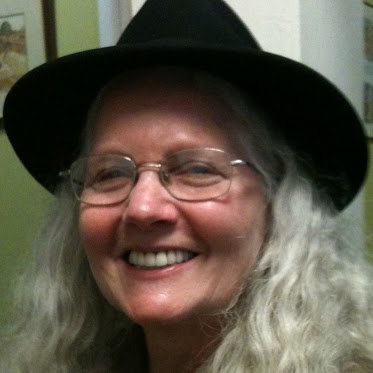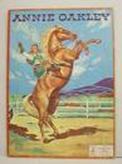 Our shul has recently embarked upon a course of community-building around anti-racism and diversity. We have employed trained facilitators to guide our conversation. From my perspective as a queer Jew, I offered up a comment in our first session about how the way in which I interact with the shul gives me some insight into how systemic racism may operate in our congregation, not necessarily overtly, but as an institutional problem.
Our shul has recently embarked upon a course of community-building around anti-racism and diversity. We have employed trained facilitators to guide our conversation. From my perspective as a queer Jew, I offered up a comment in our first session about how the way in which I interact with the shul gives me some insight into how systemic racism may operate in our congregation, not necessarily overtly, but as an institutional problem.
A member asked me how I could say that there was a lack of acceptance for me as a queer Jew, when the Rabbi readily agreed to my request for the use of gender neutral pronouns when calling an individual up to read from the Torah. This terrific question calls for a measured answer.
The Rabbi agreeing to gender neutral pronouns is a validating and good feeling thing, an individual act of kindness and recognition. As an individual, people treat me with respect and acceptance. Yet it’s the institutional things that are difficult.
In our services we make an effort to mic all speakers, which is radical for a Conservative oriented shul, and very helpful to me as a person whose hearing is somewhat limited. We strive to accommodate with ramp and large print prayer books. There are a good number of caring folks heading up and participating in our committees and Board. And yet, it is an institution with a history, with habits of thought, with practices, with policies that may not speak fully to some of the marginalized constituents, be they queer Jews, Jews of color, patrilineal Jews, disabled Jews, Jews by choice, interfaith partners.
Speaking for myself personally, during an in-person prayer service, I can tune out the masculinist prayer book, Siddur Sim Shalom, the old Conservative siddur from 1985, because I carry with me one or two of my personal prayer books: Siddur Lev Shalem is the new Conservative siddur that has gone a long way to providing gender inclusive and matriarch inclusive language. Siddur Shahar Za’av is a siddur published by a queer synagogue. I can and do make individual accommodations for myself by tuning out what the congregation is reciting, while listening to and participating in the music.
Yet, the masculinist prayer book on Sat mornings is the unquestioned and unapologized nexus of Saturday prayer, it is part of the institution of the shul. It annoys me. It sets my teeth on edge in places. As a representation of the institution where I am a member, it excludes me and my lived experience. It shows me that no matter how welcoming some individuals are, as an institution we have work to do to celebrate and include LGBTQ Jews.
What holds me in the community is the promise of greater inclusion and celebration. In our weekly Shabbat Torah study sessions, I often bring in the teaching of queer and/or disabled Jews. When given a chance to read from the Torah, I have been able to bring in a feminist and/or queer and/or disabled perspective to the Torah portion. Reactions from congregants and the Rabbi are positive and heartwarming.
From this experience, I can now question: in what way is our shul, as an institution, perpetuating racism, in the same way that the siddur perpetuates an institutional masculinist/patriarchal view of the divine? In what way are we as an institution expecting marginalized persons to do all the heavy lifting? We have individuals who are queer, of color, disabled, in interfaith families, and we often are able to provide welcome and accommodation. But the culture overall is white, Ashkenazi, and heteronormative. Having one or two or even three members from any group does not make a culture.
I am proud to say that our shul is grappling with these questions of inclusion and celebration, of understanding systemic racism and biases. We can only move forward by truth telling, by asking ourselves and each other hard questions, and by sitting with some discomfort in the process.


